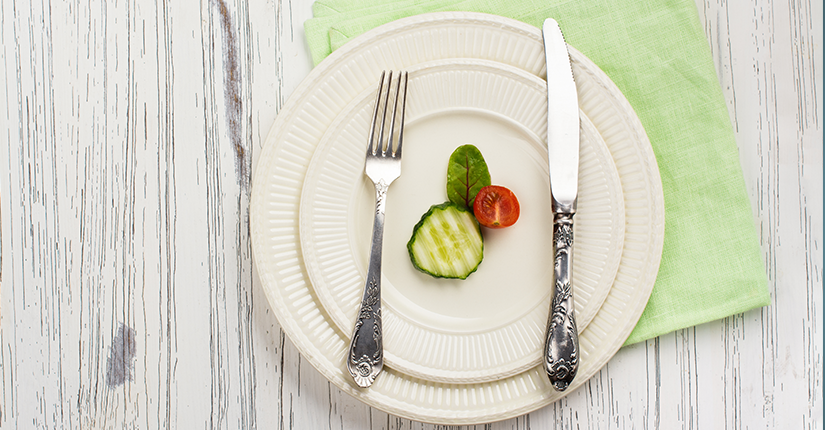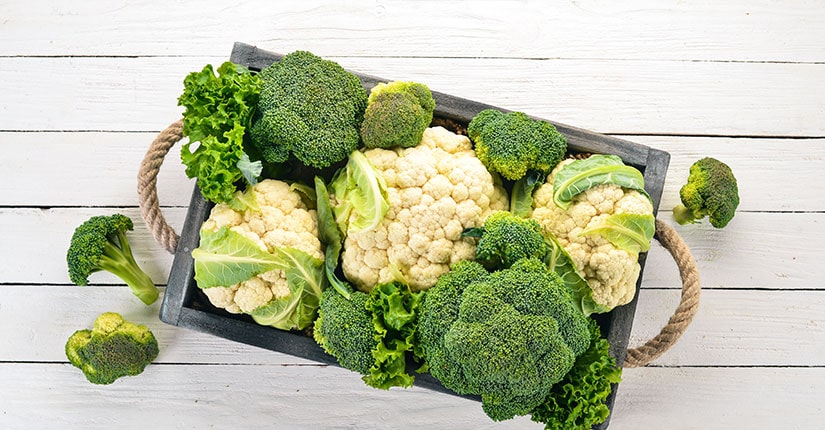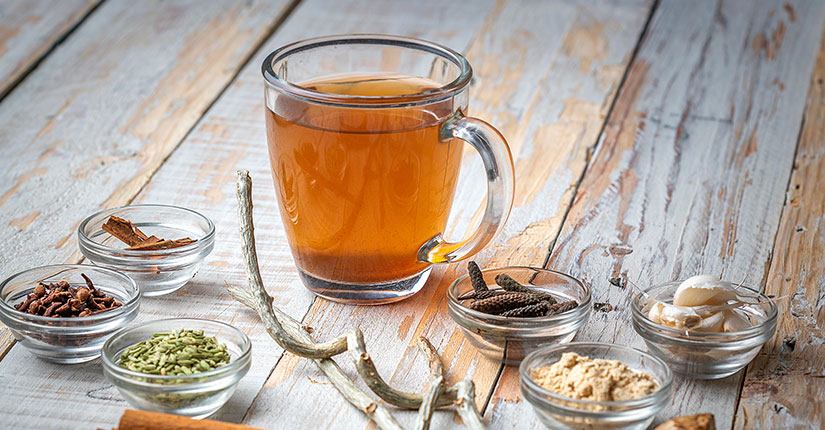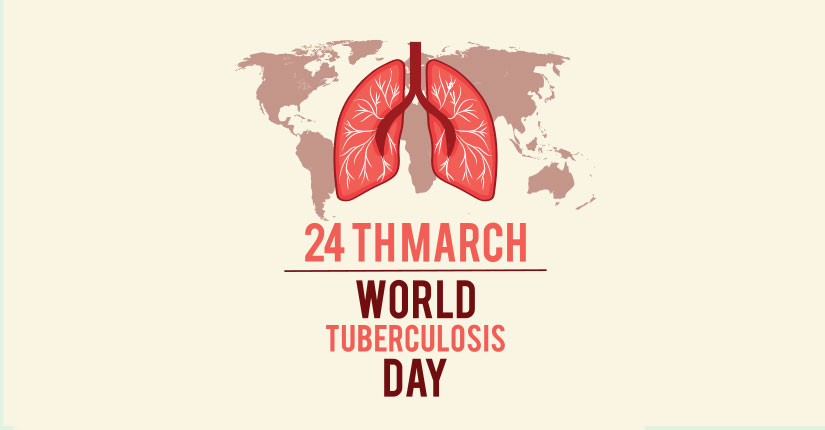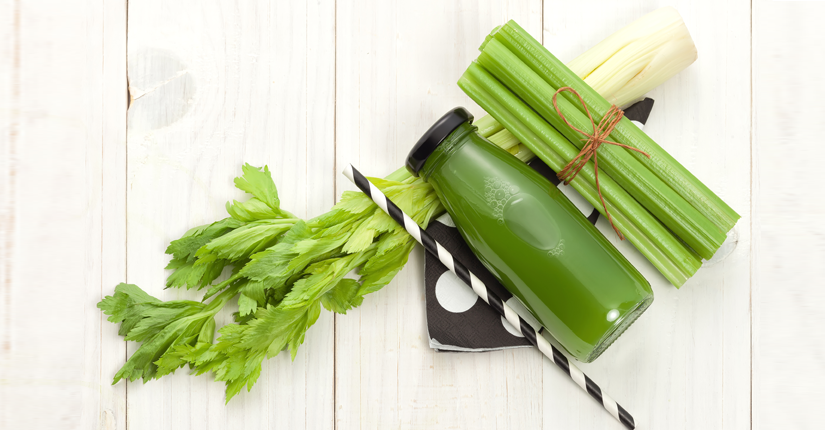Food Hygiene & Safety- Importance of Washing Hands
By Nmami Agarwal 15-Oct 2020 Reading Time: 5 Mins
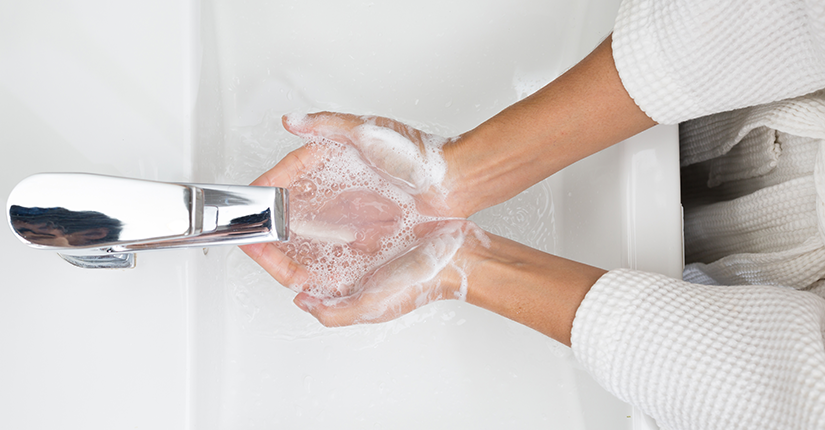
Food Hygiene & Safety is essential to ensure the safety of the food from production to consumption. Lack of adequate food hygiene at any point during harvesting, processing, storage, distribution, transportation, and preparation can lead to foodborne ailments and even death. In this context, hand washing is extremely important in preventing contamination of food by handlers. Harmful bacterias present on the hand like E.coli, Salmonella, and Staphylococcus aureus can be removed by washing of hands.
How often should the food handlers wash their hands?
Frequency in the washing of hands is important. Hands must be cleaned before starting the work- as a mandate. Other times include:
- Before handling cooked food.
- After touching body parts.
- After preparing raw food.
- After handling waste.
- After any cleaning.
- Post using the toilet.
- After sneezing, coughing, or blowing the nose.
- Post smoking or drinking anything.
- After handling cash.
What is the proper technique to wash the hands?
- Wet your hands under tap water.
- Use enough soap to form a lather.
- Rub every part of your hands properly.
- Clean your nails, fingertips, and thumbs too. Do it vigorously for 20 seconds.
- Rinse thoroughly and dry them using a towel.
In case gloves are used for food handling, make sure to wash your hands before putting the gloves on, between glove changes, and post-removal of the gloves. It is also important to note that, while wearing gloves only food-related tasks should be carried out. Other tasks such as handling money, emptying the bins, and wiping the counters should not be practised. Also, the gloves must be changed frequently to avoid the action and growth of bacteria.
Why is frequency important?
When it comes to the frequency, people tend to get annoyed about how regularly hands need to be washed, while using the sanitizer seems an easy thing to do. However, at some places, hand sanitizer gels can be used but they can’t be accepted for the sole use of clean hands. Reasons being:
- Raw meats are usually fatty and have a high bacterial load, which means the fat needs to be physically removed before the application of the sanitizer.
- Any dirt allows the bacteria to hide in your hands. Hence, soap is essential at first.
- Another reason why hand sanitizer can’t replace a good hand wash in the foodservice has to do with the types of germs you’re trying to kill. Alcohol is considerable in killing the kinds of germs that cause colds and flu, but the kinds of germs that make people sick are the type that lives in fatty, sugary environments. They are usually transmitted by the faecal-to-oral route, and hand washing is the best-proven method to kill these bacteria.
- The best is to use both soap and Shane sanitizer to avoid cross-contamination.
Over to you.
Creating awareness is non-negotiable. One of the biggest reasons for food poisoning is that hands are contaminated with bacteria. The food handler plays a pivotal role in reducing foodborne illnesses. Hence, convenient, adequate and well-maintained hand washing facilities should be located in all areas of food premises including kitchen, staff changing and toilet areas. The above-mentioned steps of washing hands must be followed. Food health and hygiene has become even more important in the wake of the world pandemic, and like it’s always said- precaution is better than cure.

